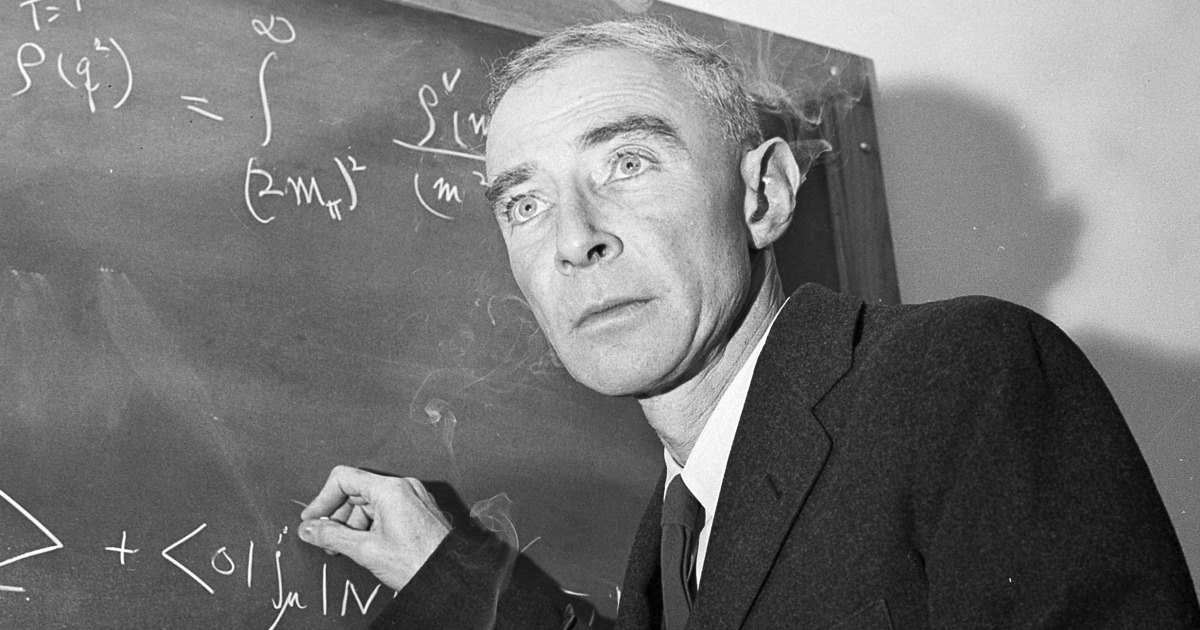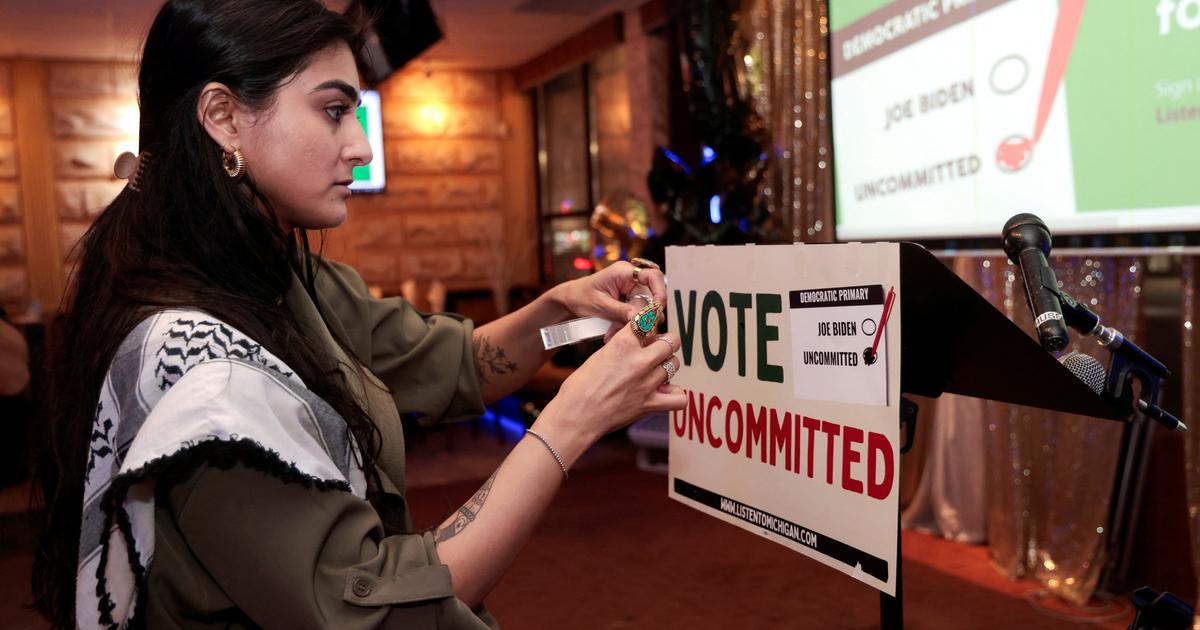Letters from the subcamp could only be written on forms on which the camp commandant pointed out the usual regulations. © .cs
The Lenggries collector Georg Kemser owns a rare letter from the Junker School subcamp. He bought it at an auction in Cologne.
Lenggries – Recently, many media outlets recalled the opening of the Dachau concentration camp 90 years ago. It was the first concentration camp of the Nazi era and existed until the end of April 1945. To this day, the approximately 160 external detachments of the camp that existed stand in the shadows. Among them is Bad Tölz. From 1940 to 1945, an average of around 180 men were imprisoned in the basement of the Junker School (northeast wing), who were used for construction work in the barracks.
Bought at auction in Cologne
The Lenggries stamp collector Georg Kemser has now been able to buy a letter from a prisoner from this Tölz camp at an auction in Cologne. "Extremely rare," says the collector, who has been dealing with philately and postal history of the Isarwinkel for over 40 years and is looking for special pieces, namely those that also tell a story to non-philatelists. When the Corona pandemic broke out, Kemser was able to present a so-called cholera letter from Lenggries, for example, which had been smoked to protect the addressee and therefore had many small pinholes (we reported).
Georg Kemser from Lenggries. © .cs
History is now also told by the concentration camp letter that 20-year-old Henryk (Heinrich) Kuzmierkiewicz sent to his family in Koluszki, east of Lodz in Poland, on August 1944, 22. The letter from prisoner number 11637 is three pages long and is written on a special camp form. It contains regulations of the camp commandant such as "permission to speak and visits by prisoners in the concentration camp are generally not permitted" or "requests for release from protective custody are pointless". The letter form also leaves room for the censor. In the case of the 22-year-old letter writer, this was SS-Hauptscharführer Karl Rausch, who certified the harmlessness of the letter with a distinctive signature.
The young man writes in good German to his "dearest parents and sister". He thanks for a card and three packages that have reached him. Background: The Dachau Concentration Camp Memorial reports that Kuzmierkiewicz was arrested as a 17-year-old schoolboy and has been in captivity ever since. The reason is unknown. The young Pole was of the Catholic faith. The fact that he received parcels is unusual. Actually, according to the camp regulations, this was not allowed, "because the prisoners can buy everything in the camp".
The last page of the letter with the control signature of the SS. The 22-year-old says goodbye to his family. © .cs
Much of his letter is about eating and smoking, which the prisoner talks about again and again. He also describes the contents of the package: dry bread, sausage, butter and, above all, tobacco, which he is particularly pleased about. He asks for more bread and tobacco and, above all, "a few Reichsmarks".
Touching farewell to family in the letter
The letter becomes touching when he inquires about the fate of the "dear mother". An answer would give him "spiritual joy". The fact that "the Vatti looks good" (apparently there was a photo in one package) makes him very happy. He was worried about him. It is noteworthy that the prisoners were apparently well aware of the course of the war and that the Russian counteroffensive was advancing in the eastern territories. Kuzmierkiewicz is worried about the well-being of his relatives because they live in the "threatened area". "May God Almighty continue to keep you in His protection as He has done until then." He warns in almost philosophical composure that one should not grieve for himself, "because my fate, which is prescribed to me, cannot be alleviated with it, but it harms your health."
0
Also Read
Municipality can't do anything: Thanks to privilege, farmer is allowed to build a giant barn at the entrance to the village
READ
Enjoyment for body, eyes and ears: First Foodart Festival this weekend in Tölz
READ
(No) heart for speed cameras: property damage in Bad Tölz
READ
The 750th Feast of Corpus Christi: Jubilee in Benediktbeuern
READ
Seven routes, 400 kilometres: With the gravel bike through the Tölzer Land
READ
Fancy a voyage of discovery?
My Area
Further fate uncertain
His final outlook in the letter is nevertheless rather pessimistic. "If we don't see each other again, remember that you had a son and brother who was with you body and soul until his last breath." His fate is uncertain. The Dachau Concentration Camp Memorial reports that on April 29, 1945, Henryk Kuzmierkiewicz was one of the prisoners who was liberated because of the Americans advancing on Tölz. Then his trace is lost. Perhaps the homecoming succeeded. His censor, SS man Karl Rausch, is known to have been in the dock at the Dachau concentration camp trial on March 4/5, 1947, and was eventually sentenced to two and a half years in prison. (Christoph Schnitzer)
You can find even more up-to-date news from the region at Merkur.de/Bad Tölz.



/cloudfront-eu-central-1.images.arcpublishing.com/prisa/ZHBM2UJTXJEMFAJJLPXP2OGBRQ.jpg)







/cloudfront-eu-central-1.images.arcpublishing.com/prisa/KMEYMJKESBAZBE4MRBAM4TGHIQ.jpg)


